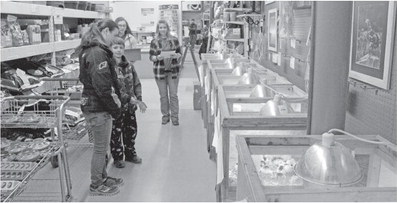All Cooped Up?


by Brian Wilson News Editor With prices for eggs and poultry products high as the result of national demand and supply chain issues related to the COVID-19 pandemic, many area res...


by Brian Wilson News Editor With prices for eggs and poultry products high as the result of national demand and supply chain issues related to the COVID-19 pandemic, many area res...